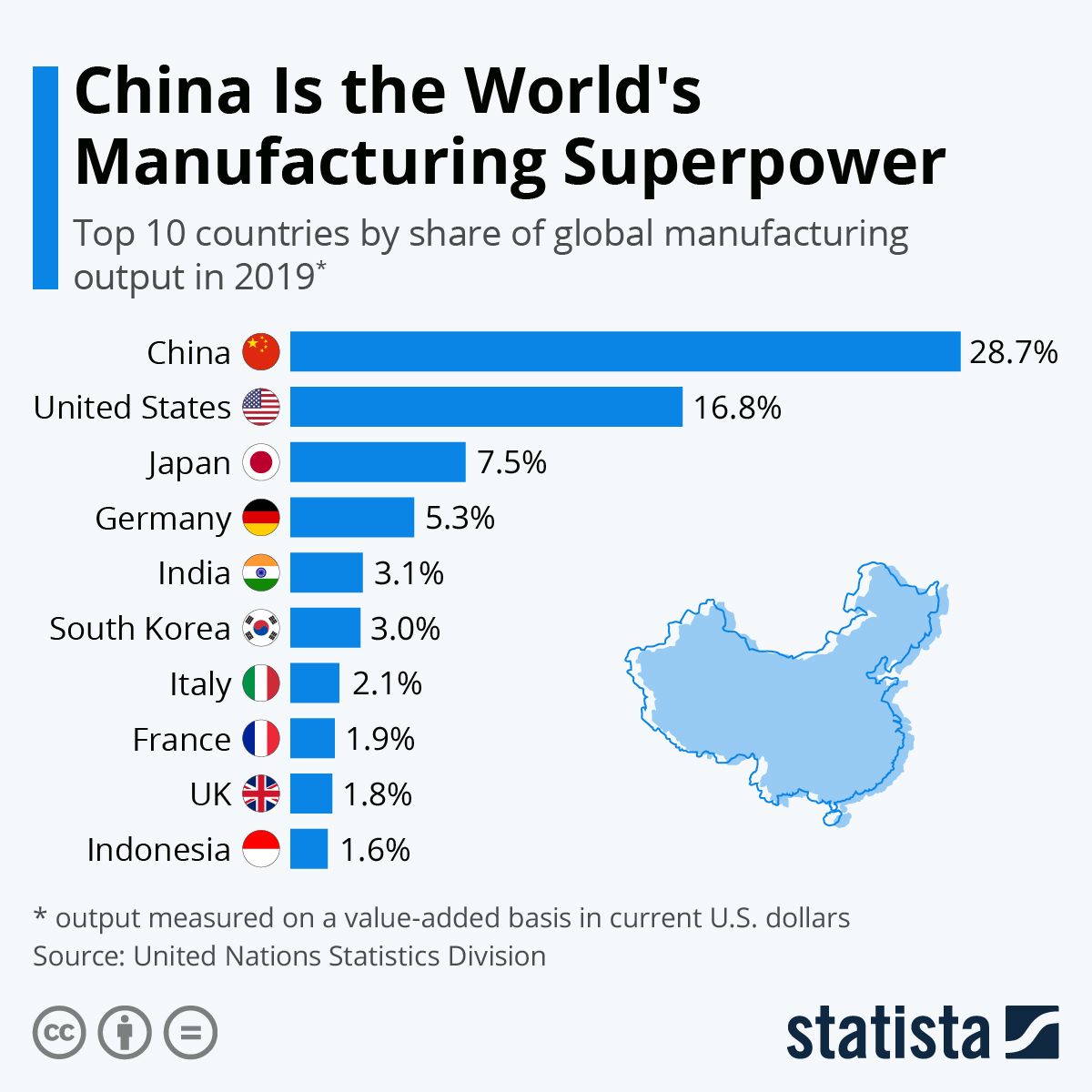TECH: 11 Big Data Strategies to Boost Your Restaurant’s Sales
Big data is a relatively new business concept, which is why so many entrepreneurs and sales managers consider it to be relevant only to a handful of industries such as IT of finance. However, the truth is that big data can improve all sorts of businesses out there, including restaurants, sports bars, and coffee shops. Our goal is to help you understand the new approach to sales analysis, so keep reading to learn what big data is, how to collect info for big data analytics, ways to utilize big data for sales growth and more!
DID YOU KNOWS…
The Danger of Popular Youtube Kitchen Hacks
“Food hacks” and “kitchen tricks” are popular videos on the Internet at the moment. The issue is that many of them are hoaxes and some are downright dangerous. The BBC recently investigated several of these popular kitchen hacks and, with the help of a food scientist, debunked them. So, if some of these videos are so dangerous, why are they popular? Because clickbait still rules algorithms of Facebook and Youtube. So, if you see a cool kitchen trick online, you might want to be absolutely sure it’s real and safe before doing it yourself.
China Dominates Manufacturing
According to data published by the United Nations Statistics Division, China accounted for 28% of global manufacturing output in 2018. That puts the country more than 10% points ahead of the United States, which used to have the world’s largest manufacturing sector until China overtook it in 2010. With total value added by the Chinese manufacturing sector amounting to almost $4 trillion in 2018, manufacturing accounted for nearly 30% of the country’s total economic output.
NBCSN’s All-Women Crew
March 8th is International Women’s Day and NBCSN has a unique way of celebrating it. Their entire crew and broadcast staff for the Blues-Blackhawks game will be women. Kate Scott will do the play-by-play while Kendall Coyn-Schofield (“Inside-the-Glass” analyst) and AJ Mleczko (analyst) will provide color commentary. The broadcast will also feature “nods to those who have made their mark on women’s hockey.”
WHAT’S YOUR HQ?
Why it matters to you: Danny Meyer demands his team have a high “hospitality quotient.”
In 1998, Danny Meyer had just opened his third restaurant, Tabla, when he was approached by an NYU doctoral student named Susan Reilly Salgado who wanted to write her dissertation on the successful culture of hospitality that existed in his restaurants. Meyer agreed, but had one condition -- she must work at the Union Grille for at least six months. After her six-month internship, she revealed a criticism of Meyer’s business that she observed: without him, his businesses could never grow.
Consequently, he enlisted her to support him in creating what they now call the Hospitality Quotient (HQ). Together Meyer and Reilly-Salgado identified six soft skills they felt defined a high hospitality performer and turned it into the HQ: kindness, curiosity, work ethic, empathy, self-awareness, and integrity. The post does a thorough review of those skills and also identifies where the HQ fits into your overall hiring decision.
Taking these skills into account, Salgado and Meyer implemented a 49/51 hiring method. Every person hired into the company should have the technical skills to do their job (the 49%), but their Hospitality Quotient makes up the other 51%. Hiring employees with a high HQ score is what really tips the scales in terms of company culture, and a happy staff will always provide a better experience for customers. There can be no doubt that Danny Meyer has been incredibly successful and if this process is how he got there, then who among us can’t learn from his insight?
[Source: Upserve]
THE STATUTORY EVOLUTION OF THE 3rd PARTY
Why it matters to you: States are moving to regulate third-party businesses to protect consumers and business partners.
Among the most effective tech trends over the last 10 years has been the rise of the third-party service providers. The most obvious example is delivery services that connect restaurants to consumers by facilitating the delivery of food. However, services like email marketing, WiFi systems, and even inventory are also examples of third-party providers that deliver services at scale that you, as an operator, might not be able to provide yourself. What most operators don’t consider is how much control they cede to these partners. Several recent stories have demonstrated that giving up that control can come at a price you didn’t expect. This is why some states and municipalities are now wading into regulating these service providers to protect both consumers and the businesses that partner with them.
In California, a proposed legislation would require that third-party service providers share customer data with restaurants. This is an obvious improvement to that relationship because it ensures you don’t create a customer for your product that you can never invite directly to visit your location. In NYC, legislation is being considered to force third-party delivery companies to disclose their tipping policies. This protection is more for the drivers, but fairness is good for all parties involved. In Rhode Island, there is a bill pending that would prohibit third-party marketplaces from listing a restaurant that isn’t a current partner (this was a big deal in the past couple of weeks).
While we aren’t normally a fan of additional regulation, these all seem to focus on fairness to the consumer and partner restaurants, which is a welcome change and will make these relationships more equitable and sustainable. We will keep you posted as these legislative efforts move along.
[Source: Nations’ Restaurant News]












